#inspo: fantasy
Explore tagged Tumblr posts
Text

#dark#art#beautiful#whimsical#fantasy#magical#nature#whimsycore#whimsical bedroom#bedroom#bedroom inspo#dream bedroom#fairycore#naturecore#green#forestcore#forest#fairy aesthetic
6K notes
·
View notes
Text
Principles and Laws of Magic for Fantasy Writers
Fundamental Laws
1. Law of Conservation of Magic- Magic cannot be created or destroyed, only transformed.
3. Law of Equivalent Exchange- To gain something, an equal value must be given.
5. Law of Magical Exhaustion- Using magic drains the user’s energy or life force.
Interaction and Interference
4. Law of Magical Interference- Magic can interfere with other magical effects.
6. Law of Magical Contamination- Magic can have unintended side effects.
8. Law of Magical Inertia- Magical effects continue until stopped by an equal or greater force.
Resonance and Conditions
7. Law of Magical Resonance- Magic resonates with certain materials, places, or times.
9. Law of Magical Secrecy- Magic must be kept secret from the non-magical world.
11. Law of Magical Hierarchy- Different types of magic have different levels of power and difficulty.
Balance and Consequences
10. Law of Magical Balance- Every positive magical effect has a negative consequence.
12. Law of Magical Limitation- Magic has limits and cannot solve every problem.
14. Law of Magical Rebound- Misused magic can backfire on the user.
Special Conditions
13. Law of Magical Conduits- Certain objects or beings can channel magic more effectively.
15. Law of Magical Cycles- Magic may be stronger or weaker depending on cycles (e.g., lunar phases).
17. Law of Magical Awareness- Some beings are more attuned to magic and can sense its presence.
Ethical and Moral Laws
16. Law of Magical Ethics- Magic should be used responsibly and ethically.
18. Law of Magical Consent- Magic should not be used on others without their consent.
20. Law of Magical Oaths- Magical promises or oaths are binding and have severe consequences if broken.
Advanced and Rare Laws
19. Law of Magical Evolution- Magic can evolve and change over time.
20. Law of Magical Singularities- Unique, one-of-a-kind magical phenomena exist and are unpredictable.
Unique and Imaginative Magical Laws
- Law of Temporal Magic- Magic can manipulate time, but with severe consequences. Altering the past can create paradoxes, and using time magic ages the caster rapidly.
- Law of Emotional Resonance- Magic is amplified or diminished by the caster’s emotions. Strong emotions like love or anger can make spells more powerful but harder to control.
- Law of Elemental Harmony- Magic is tied to natural elements (fire, water, earth, air). Using one element excessively can disrupt the balance and cause natural disasters.
- Law of Dream Magic- Magic can be accessed through dreams. Dreamwalkers can enter others’ dreams, but they risk getting trapped in the dream world.
- Law of Ancestral Magic- Magic is inherited through bloodlines. The strength and type of magic depend on the caster’s ancestry, and ancient family feuds can influence magical abilities.
- Law of Symbiotic Magic- Magic requires a symbiotic relationship with magical creatures. The caster and creature share power, but harming one affects the other.
- Law of Forgotten Magic- Ancient spells and rituals are lost to time. Discovering and using forgotten magic can yield great power but also unknown dangers.
- Law of Magical Echoes- Spells leave behind echoes that can be sensed or traced. Powerful spells create stronger echoes that linger longer.
- Law of Arcane Geometry- Magic follows geometric patterns. Spells must be cast within specific shapes or alignments to work correctly.
- Law of Celestial Magic- Magic is influenced by celestial bodies. Spells are stronger during certain astronomical events like eclipses or planetary alignments.
- Law of Sentient Magic- Magic has a will of its own. It can choose to aid or hinder the caster based on its own mysterious motives.
- Law of Shadow Magic- Magic can manipulate shadows and darkness. Shadowcasters can travel through shadows but are vulnerable to light.
- Law of Sympathetic Magic- Magic works through connections. A spell cast on a representation of a person (like a doll or portrait) affects the actual person.
- Law of Magical Artifacts- Certain objects hold immense magical power. These artifacts can only be used by those deemed worthy or who possess specific traits.
- Law of Arcane Paradoxes- Some spells create paradoxes that defy logic. These paradoxes can have unpredictable and often dangerous outcomes.
- Law of Elemental Fusion- Combining different elemental magics creates new, hybrid spells with unique properties and effects.
- Law of Ethereal Magic- Magic can interact with the spirit world. Ethereal mages can communicate with spirits, but prolonged contact can blur the line between life and death.
- Law of Arcane Symbiosis- Magic can bond with technology, creating magical machines or enchanted devices with extraordinary capabilities.
- Law of Dimensional Magic- Magic can open portals to other dimensions. Dimensional travelers can explore alternate realities but risk getting lost or encountering hostile beings.
- Law of Arcane Sacrifice- Powerful spells require a sacrifice, such as a cherished memory, a personal item, or even a part of the caster’s soul.
---
✨ Hello, I'm Kali, The Plot Mage! ✨
I’m here to ignite your creativity and help you craft your next bestseller! Today is your lucky day, writer! 🪄 Whether you're battling writer's block or building an epic fantasy world, I've got just the tool you need to make your writing journey enjoyable and organized.
Introducing the all-in-one writer’s toolkit designed by a fellow fantasy writer. 🌟 This comprehensive resource includes:
- An in-depth worldbuilding worksheet (covering religion, lore, factions, currency, economics, and more)
- Character development worksheet
- Series roadmap
- Outlining and guided plot planning section
- Relationship dynamic worksheet
- Idea dump and a repository of helpful writing resources
- Task planner (from brainstorming to publishing and book marketing)
- Plus, free editable wanted posters and fantasy illustrations because you're special ❤️
Happy writing, and let’s bring your fantasy world to life! 🌈📚






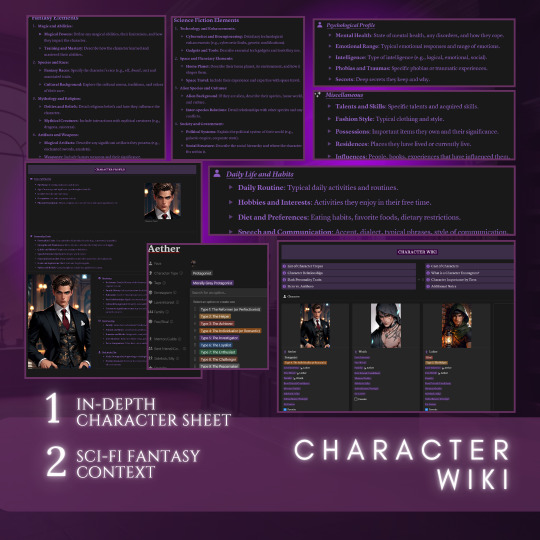
#writer#writing#writer things#writerblr#writerscorner#writing inspiration#writing tips#author#writers and poets#ao3 writer#writeblr#fantasy writer#sci fi and fantasy#writing inspo#writing resources#dnd campaign#dnd character#character development#original character#amwriting#writers community#writer stuff#writing blog#writers block#writerscommunity#worldbuilding#world building#fantasy series
4K notes
·
View notes
Text









(💿) ᵎᵎ GAMES CDS PNG PACK. ୨୧
— Like or reblog if saving/using .
#game cd#cds#y2k#y2k aesthetic#bayonetta#castlevania symphony of the night#persona 3#silent hill#final fantasy viii#silent hill 3#devil may cry#devil may cry 3#project zero#fatal frame#dead or alive#resident evil 4#resident evil#castlevania#pack png#png pack#transparent png#png#rentry stuff#rentry resources#rentry decor#rentry inspo#rentry png#rentry graphics#UGHHH I NEED THE SEGA SATURN CASTLEVANIA CD#ps2
3K notes
·
View notes
Text

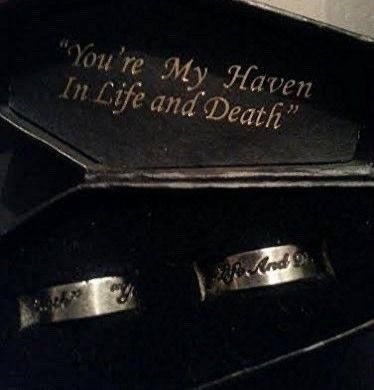
#🖤🗡️#inspo#alt aesthetic#goth aesthetic#alternative goth#gothcore#gothic#goth#goth girl#dark grunge#dark romance#darkness#dark fantasy#love#alternative#wedding#dark aesthetic#grunge#2014 tumblr#girlblogging#vampcore#vampire#aesthetic#goth wedding#twistedlilangel
3K notes
·
View notes
Text


dior cruise 2025
#fashion#dior#black fashion#fashion details#scotland#style#beauty#designer#fashionedit#fashion edit#persphone#classics#black is beautiful#diro cruise#couture#christian dior#gif#myedit#myfashionburden#historical inspo.#fantasy writing inspo.
1K notes
·
View notes
Text

I'm a woman. Phenomenally. Phenomenal woman. That's me.
#photography#photoshoot#minimal fashion#fashion#style#fashion campaign#photo#photooftheday#women's fashion#minimal aesthetic#minimalism#esthetics#aesthetics#trends#fashion_collection#minimalistic#french style#esthétique#parisian vibe#parisian style#urban#streetstyle#street fashion#street style#street photography#urban photography#urban fantasy#urban life#fashion inspo#total white
569 notes
·
View notes
Text

All sold so just wanted to share the new designs! Who is your fav here?
#yokai oc#art#fantasy#lingrimm#artist on tumblr#Japanese#Japan#Inspo#anthro#Character design#Unicorn#werewolf#Dragon
748 notes
·
View notes
Text





Love Game in Eastern Fantasy 1.08 (2024)
#Love Game in Eastern Fantasy#永夜星河#The Guide to Capturing a Black Lotus#cdrama#cdramaedit#cdramagifs#cdramanet#cdramanetwork#chinese drama#ship inspo#esther yu#ding yuxi#tvedits#gifs#m!
365 notes
·
View notes
Text

My take/designs on the pevensies! (They’re definitely heavily inspired by their looks in the movies.)
Beginning of the lion, the witch and the wardrobe

End of golden age-ish

I’d call this a WIP but it’s not really, mostly once we get into designing clothes in fantasy settings I feel very out of my depth, but I wanna practice more. I’m the most happy with Lucy’s but that’s also cause I most heavily referenced with hers.
Im mostly still just figuring out the clothes design for when they’re in narnia. I want brighter/more jewel toned and warmth to contrast with the more muted London clothes. And for the clothing design I want embroidery, but other than that I have no idea how I would make the designs of the narnian style in this era cohesive.
I also have vague main colours for each of them, lucy green, secondary red, edmund blue secondary brown, Susan purple secondary blue, Peter red secondary purple, and all of them use gold as well.
#fairmerthefarmer art#clothes from earth are so much easier to research#Susan gives elf to me#so maybe looking to that for inspo?#idk whenever I do stuff like this I’m just frantically galavanting on Pinterest#it’s harder for me to visualize clothes#my costume design knowledge is furthest away from my main skill sets#pevensies#lucy pevensie#edmund pevensie#peter pevensie#Susan pevensie#narnia#chronicles of narnia#lww#character design#digital illustration#my art <3#artists on tumblr#CoN#golden age#illustrators on tumblr#character lineup#one day I’m gonna fucking learn more about clothing design for fantasy#instead of just taking it#digital art#c.s. lewis
903 notes
·
View notes
Text
Writing Notes: 10 Uncommon Magic Systems

These examples of unique magic systems might pique your curiosity and inspire your next fantasy epic.
Color Magic: Harnessing colors to invoke specific spells or effects.
Sound Magic: Crafting spells through vocal tones, vibrations, or musical instruments.
Time Magic: Manipulating the past, present, or future, often bending the laws of physics.
Egoic Magic: Altering one's sense of self or emotions to use as a magical conduit.
Manufactured or Artificial Magic: Magic crafted or produced through synthetic means (e.g. via objects or alchemical processes).
Nothingness Magic: Conjuring voids or vacuums, often manifesting as spatial anomalies.
Glass Magic: Manipulating glass to create barriers, projectiles, or even complex machinery.
Astrology-Based Magic: Drawing powers from celestial bodies or zodiac signs.
Fate Magic: Influencing destiny or chance to manifest predetermined outcomes.
Bio-magic: Utilizing biological processes or traits for supernatural effects.
Incorporating lesser-covered categories of magic can set your story apart in an oversaturated market, helping you carve out your distinct niche and voice. Source
More: On Fantasy ⚜ Writing Notes & References Writing References: Worldbuilding ⚜ Plot ⚜ Character
#on writing#fantasy#worldbuilding#writeblr#writing inspiration#writing ideas#writing inspo#creative writing#writing prompt#magic#writing advice#writing tips#light academia#dark academia#writing reference#nc wyeth#realism#art#illustration#writing resources
197 notes
·
View notes
Text

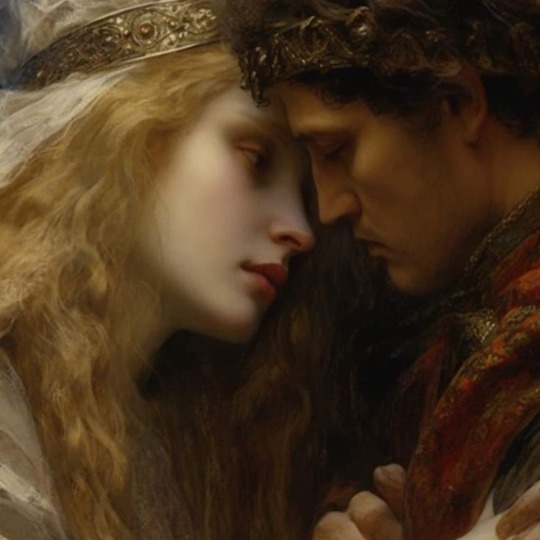

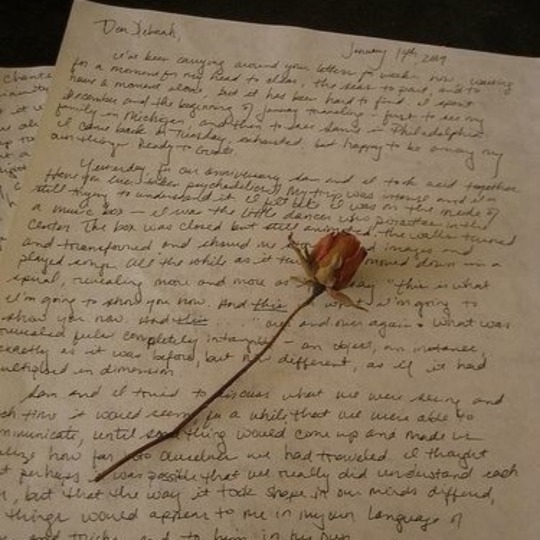
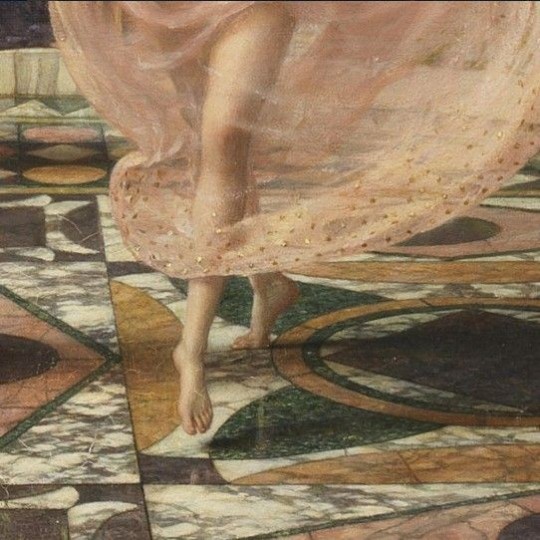

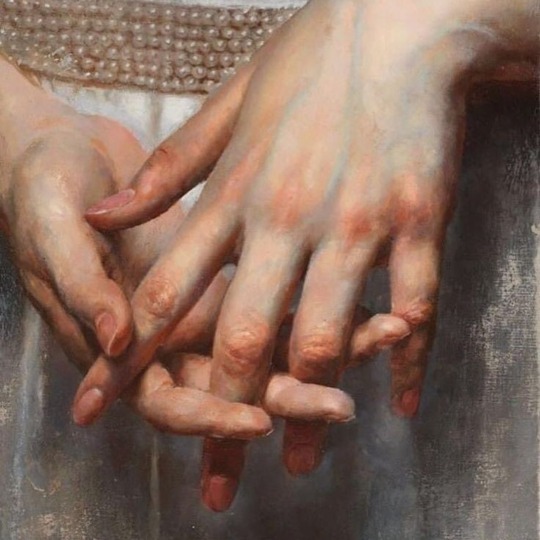
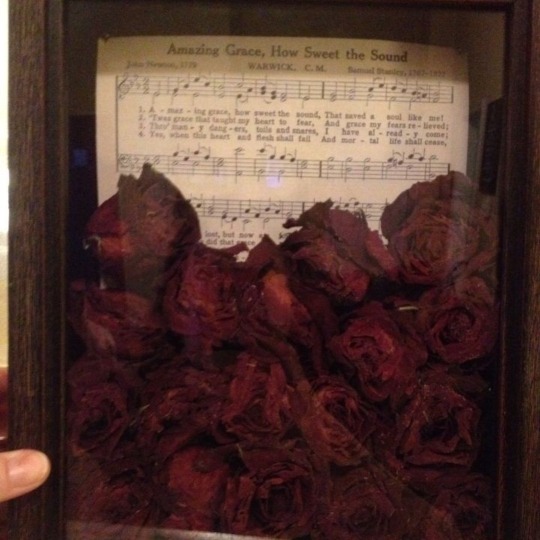
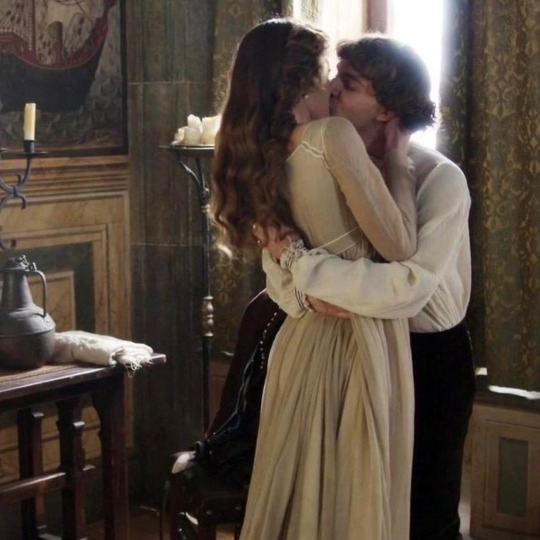
#moodboard#aesthetic#icons#pinterest#indie#medieval#royal core#royalcore#royal court#royalty#monarchy#king and queen#castle aesthetic#castle#fantasy aesthetic#history#fantasy#book inspo#inspo#make love not war#lovers#love#love life#i love him#couple
567 notes
·
View notes
Text
Fantasy Royal Hierarchy & Government Explained for Dummies
👑 The Royal Hierarchy:
High King/High Queen: The ultimate ruler of all the lands. Addressed as “Your Majesty.” They oversee multiple kingdoms and have the final say in all matters.
King/Queen: The rulers of individual kingdoms. Addressed as “Your Majesty.” They manage their own territories, make laws, and lead their armies into epic battles.
Prince/Princess: The children of the king and queen. Addressed as “Your Highness.” They’re next in line for the throne and often have their own mini-kingdoms to practice ruling.
Duke/Duchess: High-ranking nobles who control large regions within the kingdom. Addressed as “Your Grace.” They’re like the regional managers, handling local governance and military affairs.
Marquess/Marchioness: Nobles who oversee border territories. Addressed as “Lord” or “Lady.” They’re responsible for defending the kingdom’s edges and often have a mix of military and administrative duties.
Earl/Countess: Nobles who manage smaller regions within the kingdom. Addressed as “Lord” or “Lady.” They’re like the middle managers, ensuring everything runs smoothly in their areas.
Viscount/Viscountess: Nobles who assist earls and countesses. Addressed as “Lord” or “Lady.” They’re like the assistant managers, helping with local governance and administration.
Baron/Baroness: The lowest rank of nobility. Addressed as “Lord” or “Lady.” They control small areas of land and are responsible for local justice and order.
Lord/Lady: A general title for nobility. Addressed as “Lord” or “Lady.” Lords and ladies can hold various ranks and responsibilities within the kingdom.
Government Structure:
🏛️ The Council: A group of high-ranking nobles and advisors who help the king or queen make important decisions. Think of them as the board of directors.
🧙 The Wizard: The royal advisor with magical powers. They provide wisdom, cast spells, and sometimes meddle in politics.
⚔️ The Knight Commander: The head of the royal army. They lead the knights and soldiers into battle and ensure the kingdom’s defense.
📜 The Chancellor: The head of the kingdom’s finances and administration. They manage the treasury, collect taxes, and oversee the kingdom’s bureaucracy.
🎭 The Bard: The kingdom’s storyteller and historian. They spread news, sing songs of heroism, and keep the royal family’s image sparkling.
Other Classes:
🌳 Elves: Graceful and wise, elves often serve as advisors, scholars, or elite warriors. They have a deep connection to nature and magic, making them invaluable in both court and battlefield.
🌾 Peasants: The backbone of the kingdom. They work the land, pay taxes, and sometimes get caught up in the schemes of the nobility. Despite their humble status, they can be heroes in their own right.
💀 Necromancers: Masters of death magic. They can raise the dead, drain life energy, and command undead minions. Often feared and misunderstood, they can be powerful allies or dangerous enemies.
📚 Scholars: Also known as sages, librarians, or loremasters. Scholars are the kingdom’s intellectuals, possessing encyclopedic knowledge. They study ancient texts, advise on matters of history and magic, and often uncover secrets that can turn the tide of events.
⚔️ Heroes: Brave individuals who embark on epic quests. They can come from any class—knights, peasants, elves, or even necromancers. Heroes are defined by their courage, skill, and willingness to face danger for the greater good.
🙏 Priests/Priestesses: Spiritual leaders who serve the gods and goddesses of the realm. They perform rituals, offer guidance, and sometimes wield divine magic. Addressed as “Father,” “Mother,” or “Your Holiness”.
🐉 Dragons: Sometimes pets, sometimes pests. Always epic. They can be guardians of treasure, wise advisors, or terrifying foes.
Servants and Other Castle Inhabitants:
Steward: Manages the household and estate. Addressed as “Master Steward.”
Chamberlain: Oversees the private chambers and personal needs of the lord or lady. Addressed as “Master Chamberlain.”
Marshal: In charge of the stables and the training of knights. Addressed as “Master Marshal.”
Cook: Prepares meals for the household. Addressed as “Master/Mistress Cook.”
Maid: Responsible for cleaning and maintaining the castle. Addressed as “Mistress Maid.”
Squire: A young noble training to become a knight. Addressed as “Squire.”
Falconer: Takes care of the hunting birds. Addressed as “Master Falconer.”
Gardener: Maintains the castle gardens. Addressed as “Master/Mistress Gardener.”
Where They Dwell:
🏰 Castle: A fortified structure built for defense and residence. It includes towers, walls, a keep, and often a moat. The castle is the main residence of the king or queen and their court.
🏛️ Court: The royal household and the place where the king or queen holds court. It includes the throne room, great hall, and various chambers for the nobles and advisors.
🏡 Manor: The residence of a noble, usually a lord or lady. It’s less fortified than a castle and focuses more on comfort and domestic life.
Pro Tips:
Royal Drama: Expect lots of intrigue, secret plots, and power struggles. It’s like a medieval reality show.
Magic: Always a wildcard. It can solve problems or create new ones.
Quests: Royals love sending heroes on epic quests. It’s their way of handling problems without getting their hands dirty.
---
Oh hey, you made it to the end! 🎉 I see you’re still here because you’re passionate about your book and maybe a bit stuck with worldbuilding. Don’t let that WIP sit around for another 5 YEARS! 🚀
Get your writing process on the fast track and publish that book with ease using this POWERFUL and HELPFUL Notion template. It’s packed with everything you need to speed up your writing and get things DONE. ✍️✨
Why wait? Let’s make your writing dreams a reality! 🌟📚
Get it here now it's super affordable!






#writer#writing#writer things#writerblr#writerscorner#writing inspiration#writers and poets#writing tips#ao3 writer#author#fantasy writing#fantasy#writers on tumblr#writing inspo#writerscommunity#writer stuff#writing prompt#writers block#fantasy books
2K notes
·
View notes
Text
♥♣ Baroque ♠♦
A new jester jogger design by @vetiverfox




🖤witchvamp.com🖤
#vetiverfox#witch vamp#joggers#jester#jester joggers#fashion#black and red#red and black#card suits#hearts#diamonds#spades#clubs#clown#clowncore#dark clown#dark jester#dark aesthetic#goth#gothic#goth aesthetic#aesthetic#playing cards#fashion design#alt fashion#fashion inspo#dark art#dark fantasy#online shopping#plus size friendly
229 notes
·
View notes
Text
is “villain” the best word to use in a scene description or a dialogue prompt between characters?
since I came across this poll and gave my little opinion on the matter there, I thought I would make a separate post about it too.
now what I’m not gonna do is tell my fellow writers what to do or what not to do. however, if I may, I hope you’ll allow me to give you my advice.
writers — especially those who write about superheroes, fantasy, etc — you may have used the word “villain” in your works before, and you may have thought nothing of the word itself; I mean, it fits best, right? a bad guy in a story where characters have superpowers is a villain.
I mean that’s the word for it. because for us, these are fictional works about fictional characters.
but…
for those characters in your work, the world you created for them are real for them. I mean… your characters don’t know they are fictional characters in a fictional world, correct? (unless you specifically write a story in which the characters know they’re fictional characters in a fictional world).
therefore you might want to ask yourself how realistic it is for these characters — who have no idea they are fictional characters and think they are real people — to call bad people “villains”
how realistic it is for us — real people — to call real-life criminals “villains”
what are the chances of us reading the news with the headline “two villains caught and in custody after a robbery attempt”?
the word “villain” just… doesn’t sound realistic in real world.
ask yourself how realistic you want your stories to be, as a writer who created a world in which the characters don’t know they are fictional.
how realistic it is for your characters (who think they are real people) to say, “there’s a villain around. we have to go.”
for your characters, they aren’t fictional characters, they are real. and these fictional worlds are real for them. if we’re not calling real-life criminals villains because they are real people to us. would your characters call someone who were real to them villains because they were bad?
now ask yourself how realistic you want your stories to be, as a writer — of course, a story where characters have superpowers or the one where characters live in a fantasy world aren’t so “realistic” for us, but if, as a writer, you want your readers to feel as though they live in that world you created while they read your work, you might not want to subtly remind them they’re reading a fictional work by directly referring to the bad guys as “villains”.
the key to professionally writing a story is that you make your readers forget they are reading a fictional story.
the key to professionally writing a story is that you make your readers feel as though they actually live in that world you create and are a part of that story.
there’s a reason most (if not all) superhero movies we see don’t include a scene where the hero refers to the bad guy as “a villain”. and that reason is that, for these characters, what happens in the movie is real to them. and also because the studios want their audience — us — to feel as though we actually live in that world. they don’t want to keep reminding us that “hey, this is a movie, it’s not real” by having the hero call the bad guy villain.
reminder: the world you create are real for those characters, and it should feel real for your readers to.
words to use instead of “villain”
murderer
monster
bad people / bad person
killer
son of a bitch
dick
cunt
dickhead
convicted
abuser
prick
dangerous (person / people)
predator
rapist
violent (person / people / man)
manipulator
traitor
unreliable
liar
troublemaker
troubled
unstable
corrupted
psychopath
capable of horrible, violent things
#writing#whump#writer#writeblr#writers#angst#villain#villains#writing advices#writing advice#writing tip#writing tips#whumpblr#ao3#archive of our own#fanfic#fanfiction#blorbo#comfort character#fantasy#writing inspo#writing inspiration#tropes#trope#prompts#prompt
282 notes
·
View notes
Text


dior cruise 2025
#fashion#dior#fashion details#scotland#style#outlander#designer#fashion edit#dior cruise#christian dior#gif#my edit#myfashion#historical inspo.#fantasy writing inspo.#myfashioinburden
618 notes
·
View notes
Text

I have looked down the saddest city lane. I have passed by the watchman on his beat and dropped my eyes, unwilling to explain : Antonio Lopez, Glenda with Red Flower, 1977
#vintage style#vintage fashion#vintage photography#photography#photoshoot#minimal fashion#fashion#style#fashion campaign#photo#photooftheday#women's fashion#minimal aesthetic#minimalism#esthetics#aesthetics#trends#minimalistic#esthétique#urban#urban photography#urban fantasy#urban life#70's fashion#urban living#latino#fashion photography#fashion model#fashion inspo#fashion inspiration
243 notes
·
View notes